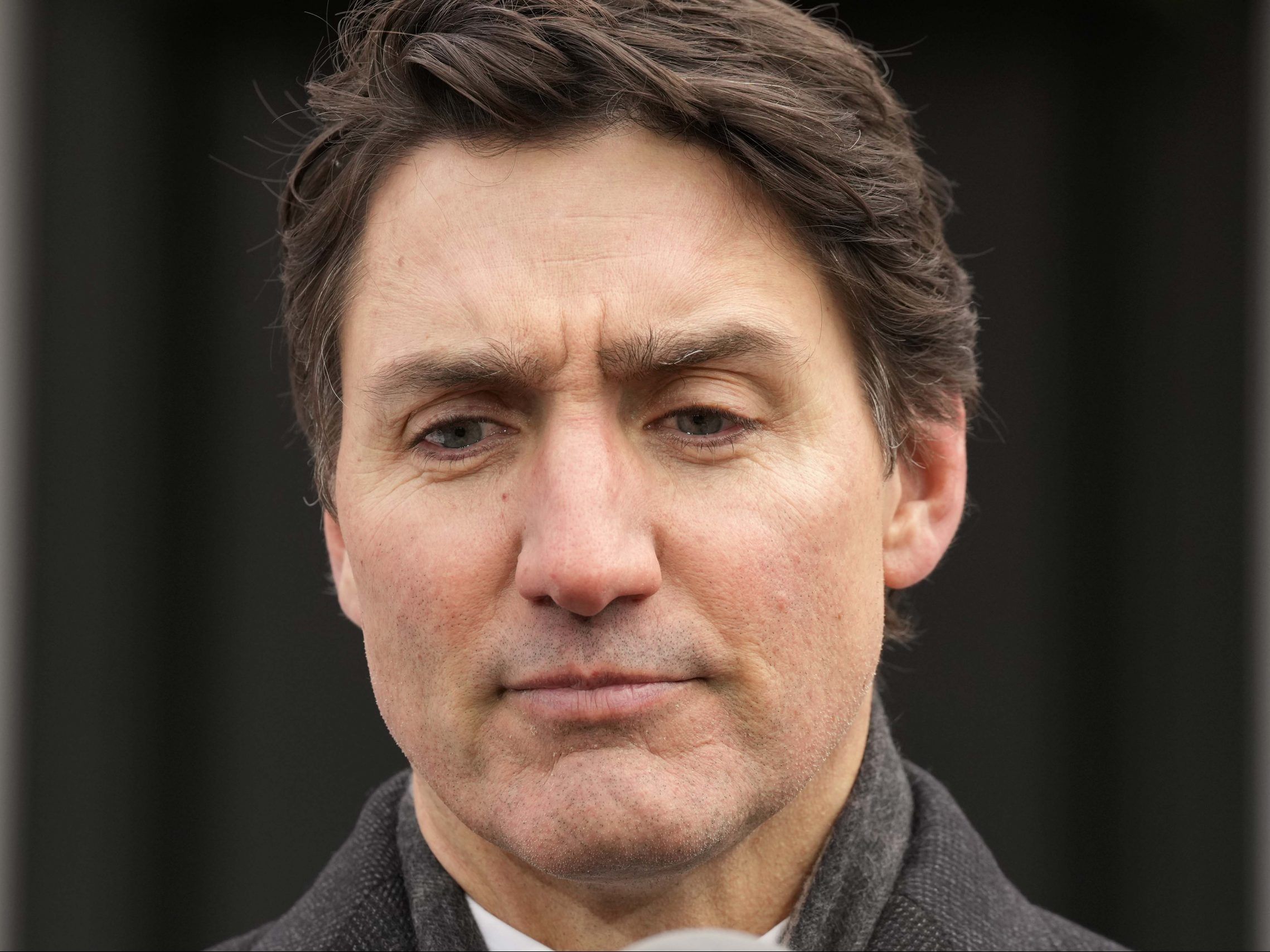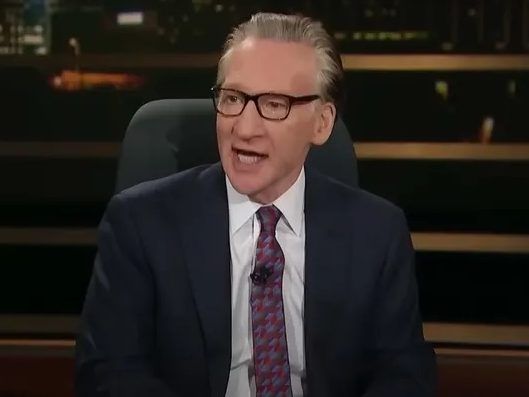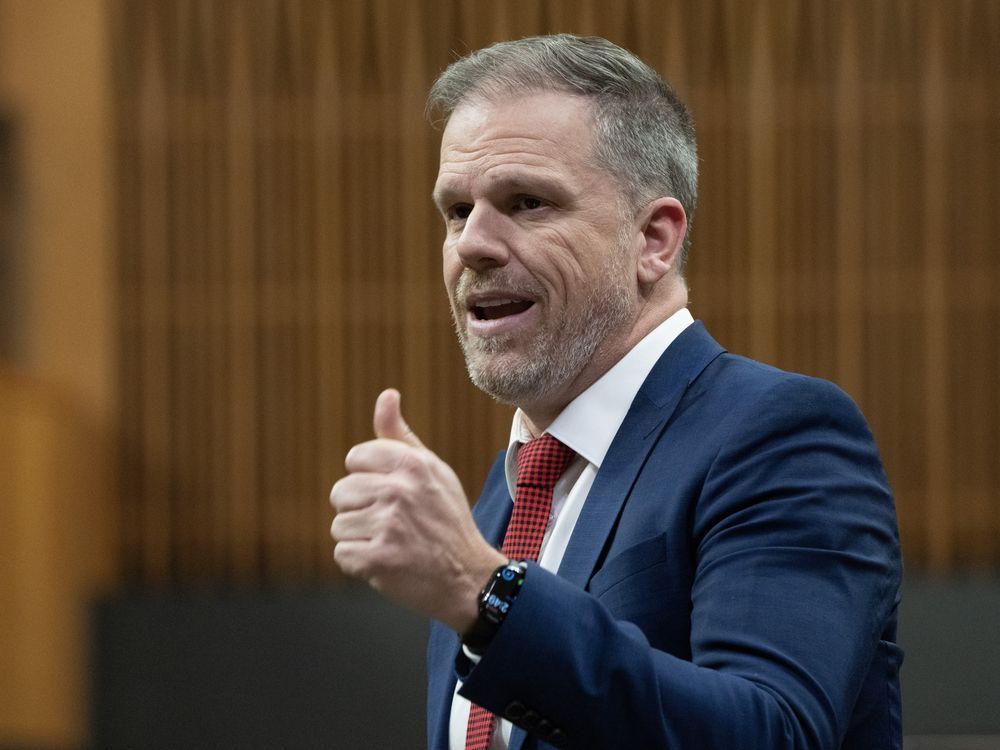Author of the article:
Washington Post
Sarah Ellison, The Washington Post
Published Jan 10, 2025 • 6 minute read

When PolitiFact won a Pulitzer Prize for its work covering the 2008 presidential campaign, the board praised the nascent outlet for using “probing reporters and the power of the World Wide Web” to examine more than 750 political claims, “separating rhetoric from truth to enlighten voters.”
Advertisement 2
THIS CONTENT IS RESERVED FOR SUBSCRIBERS ONLY
Subscribe now to read the latest news in your city and across Canada.
- Unlimited online access to articles from across Canada with one account.
- Get exclusive access to the Toronto Sun ePaper, an electronic replica of the print edition that you can share, download and comment on.
- Enjoy insights and behind-the-scenes analysis from our award-winning journalists.
- Support local journalists and the next generation of journalists.
- Daily puzzles including the New York Times Crossword.
SUBSCRIBE TO UNLOCK MORE ARTICLES
Subscribe now to read the latest news in your city and across Canada.
- Unlimited online access to articles from across Canada with one account.
- Get exclusive access to the Toronto Sun ePaper, an electronic replica of the print edition that you can share, download and comment on.
- Enjoy insights and behind-the-scenes analysis from our award-winning journalists.
- Support local journalists and the next generation of journalists.
- Daily puzzles including the New York Times Crossword.
REGISTER / SIGN IN TO UNLOCK MORE ARTICLES
Create an account or sign in to continue with your reading experience.
- Access articles from across Canada with one account.
- Share your thoughts and join the conversation in the comments.
- Enjoy additional articles per month.
- Get email updates from your favourite authors.
THIS ARTICLE IS FREE TO READ REGISTER TO UNLOCK.
Create an account or sign in to continue with your reading experience.
- Access articles from across Canada with one account
- Share your thoughts and join the conversation in the comments
- Enjoy additional articles per month
- Get email updates from your favourite authors
Article content
Article content
Article content
The award felt novel at the time “and really put fact-checking on the map,” said Bill Adair, who founded PolitiFact in 2007.
“It was a moment of promise when people really believed that the internet could be a positive force to empower people around the world with the information they need to make decisions about voting in good and powerful ways,” he said.
It didn’t work out that way. Politicians attacked fact-checking as a partisan infringement on speech. And the internet and social media platforms spurred an ecosystem that prioritized viral content and capturing clicks over the lofty goal of providing accurate information.
On Tuesday, the fact-checking industry took its toughest blow yet, when Meta CEO Mark Zuckerberg announced that the company planned to eliminate its use of independent third-party fact-checkers. It was a major retreat for a platform that had embraced fact-checking and had fueled the industry’s growth well beyond Facebook. The industry, Zuckerberg said, had become too political and censorious.
Advertisement 3
Article content
Zuckerberg’s statement echoed language that President-elect Donald Trump and other Republicans have used for years to attack fact-checking and social media content moderation. It heralded a new chapter for Silicon Valley’s social media giants, which appear to be seeking better footing with a president-elect who has promised to retaliate against his enemies and had even threatened Zuckerberg with life in prison.
Zuckerberg said the announcement was a way for the company to return to its roots of free expression. Critics see other factors at work.
“This is all about politics,” said Adair, who is now a professor of journalism and public policy at Duke University and the author of “Beyond the Big Lie: The Epidemic of Political Lying, Why Republicans Do It More, and How It Could Burn Down Our Democracy.”
By signing up you consent to receive the above newsletter from Postmedia Network Inc.
Article content
Advertisement 4
Article content
“The announcement was intensely political,” said Brendan Nyhan, professor of government at Dartmouth and a longtime scholar of political spin, misinformation and polarization. “It seems very clearly designed to appeal to Donald Trump and his Republican allies, who might otherwise target Meta with investigations, regulatory enforcement, or negative publicity.”
When asked for additional detail on the decision, a spokesman referred a Post reporter to Zuckerberg’s video announcement.
The announcement marks what is likely to be a slowdown after years of growth in the fact-checking industry, much of it powered by Meta’s use of third-party fact-checkers to try to keep its platforms hospitable to advertisers and users and free from hate speech and conspiracy theories.
Advertisement 5
Article content
As Facebook sought to prepare for the 2020 presidential election, it ramped up its investment in independent fact-checkers, said Alan Duke of Lead Stories, a fact-checking outlet that increased its work for Facebook in 2019. Operating under the slogan, “Just because it’s trending doesn’t mean it’s true,” Lead Stories ramped up its fact-checking work after the 2016 election spurred industry fears that foreign accounts had manipulated U.S. social media platforms with misleading and false claims. “The Facebook third-party fact-checking partnerships really created the modern fact-checking industry,” said Duke.
Facebook increased its contract with Lead Stories by fivefold between 2019 and 2020, according to Duke. Until then, he said that his organization had been checking roughly 40 articles a month for Meta. Anticipating the 2020 election, “they all of a sudden wanted us to check 125 articles a month.” Soon after, they provided even more funding to incentivize fact-checkers to search Facebook to find duplicate false content on the platform. “They wanted us to scour Facebook and see if those claims had fanned out to other accounts,” Duke said.
Advertisement 6
Article content
Facebook provided the extra funding in anticipation of the 2020 presidential election, but “it turned out, we needed it for covid,” he said.
What happened next was “the golden age of fact-checking.”
“Our proudest year was 2020, when fact-checkers across the U.S. did some work that really meant the difference between life and death,” Duke said. “We felt we were saving lives.”
RECOMMENDED VIDEO
We apologize, but this video has failed to load.
The period also led to an angry conservative backlash against fact-checkers, especially after Donald Trump was removed from all major social media platforms for his role in encouraging the Jan. 6, 2021, attack on the Capitol. Among other tactics, critics sued the federal government for its alleged pressure on social media platforms.
Advertisement 7
Article content
Pressure on the platforms reached a peak after 2020, but the battles over fact-checking had begun soon after PolitiFact won its Pulitzer a decade earlier.
In that year’s presidential campaign, Barack Obama defeated Hillary Clinton in the Democratic primary before facing Sen. John McCain (R-Arizona) in the general election. Several key figures kept fact-checkers busy that year with regular false statements, including McCain’s running mate Sarah Palin and Joe Wurzelbacher, or “Joe the Plumber,” an Ohio voter whom the McCain campaign featured prominently as a way to appeal to average Americans. Republicans also repeatedly used false statements to attack Obama’s Affordable Care Act, nationality and religion,
Advertisement 8
Article content
Palin’s claim that “death panels” of bureaucrats would determine health-care eligibility under Obama’s proposed insurance overhaul was PolitiFact’s “Lie of the Year” in 2009 and one of FactCheck.org’s “whoppers.”
That didn’t stop such misinformation from spreading. Other Republican political figures, including then-Rep. Michele Bachmann (R-Minnesota) and then-Rep. John A. Boehner (R-Ohio), picked up on the idea. And during Obama’s 2009 State of the Union address, Rep. Joe Wilson (R-South Carolina) yelled, “You lie!” when Obama said that his plan would not cover illegal immigrants. Obama had not lied, fact-checkers later determined.
Republicans were not the sole targets of the burgeoning industry. In 2013, PolitiFact awarded Obama its Lie of the Year for his claim that “if you like your health-care plan, you can keep it.” In fact, many people found their health-care plans canceled by insurance companies after the Affordable Care Act went into effect.
Advertisement 9
Article content
The more attention fact-checkers received, the more action politicians took to counteract them. By 2012, “political strategists really began to realize that fact-checking was having an impact, and they tried to neutralize it,” Adair said.
FactCheck.org launched in 2003, and Snopes, which launched in 1994 to investigate urban myths, later expanded to political and news content as the demand for fact-checking increased. The Washington Post’s Fact Checker column launched within weeks of PolitiFact in 2007. Many other outlets sought ways to grab readers’ attention by calling out political falsehoods.
PolitiFact caught people’s attention in 2007 when it launched the “Truth-o-meter” and added a “pants on fire” rating. Same for The Washington Post’s Pinocchio ratings.
Advertisement 10
Article content
Many fact-checkers expressed disappointment in Zuckerberg’s decision and the way he chose to deliver it.
“This announcement is really devastating to the global fact-checking movement because it not only hurts revenue, but it hurts the standing of fact-checking everywhere,” Adair said.
He added: “With an incoming Republican Congress and an incoming Republican president, Meta decided this was a wise political move.”
Nyhan, the Dartmouth scholar, worried that the development reflects a disturbing shift in the United States “where you have to be an ally of the governing regime” to succeed.
“That hasn’t been the case here,” he said. “It’s one of the reasons America is the envy of the world economically.”
Long before Zuckerberg’s announcement, social media moderators had worried that fact-checking wasn’t effective in combating misinformation. Although research shows that exposure to fact-checks improves the accuracy of people’s positions, “what it doesn’t do is magically make misinformation go away,” Nyhan said. “Fact-checking has continually struggled to overcome the exaggerated hopes of its most fervent supporters.”
Another struggle for the industry: Independent fact-checkers say that whenever they report anything other than a perfect 50/50 split between false statements made between Democrats and Republicans, they’re accused of bias.
“They face intense pressure to achieve a kind of false balance that the entire fact-checking enterprise is designed to avoid,” Nyhan said. “It’s hard for people to say it without sounding like a political statement, but the prevalence of false claims in our politics is asymmetric.”
01-10-2025 09:55AM
Article content
.png)
 4 hours ago
7
4 hours ago
7


































 Bengali (BD) ·
Bengali (BD) ·  English (US) ·
English (US) ·